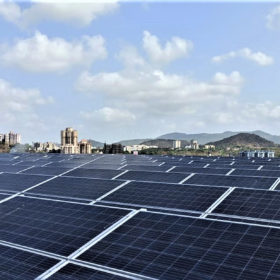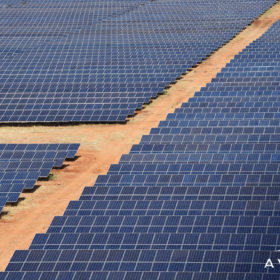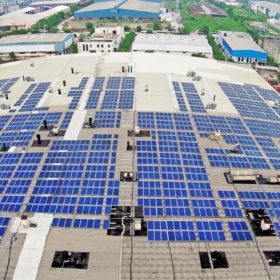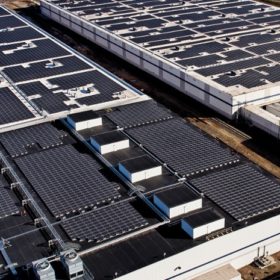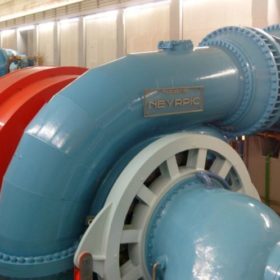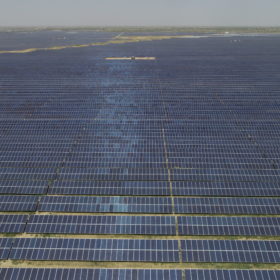ALMM policy deferment, a much awaited but temporary relief to the solar market
While ALMM does support domestic manufacturers, this is not a sustained solution considering the wide demand-supply gap. Disincentivising imports could be a workable strategy when there is enough capacity back home.
Challenges in land acquisition for solar projects
While the Central and State Governments have taken several proactive steps to make it easier for solar developers to acquire land for their projects, land aggregation remains the single biggest roadblock in implementing large-scale projects, resulting in a slowdown in the industry.
Distributed solar developers want ongoing open-access and net metering projects excluded from ALMM mandate
Over 4GW of open access and rooftop solar projects under various stages of development can get stuck due to the ALMM requirement, according to Distributed Solar Power Association (DiSPA).
China and Hong Kong are India’s biggest lithium battery suppliers
The two nations together supply 96% of India’s lithium-ion cell and battery imports and almost 70% of non-rechargeable lithium products.
India installed a record 1.7GW of rooftop solar in 2021
The nation’s cumulative rooftop solar installations surpassed 7GW on December 31, 2021. Gujarat leads with the most installed rooftop solar capacity to date among all States and union territories.
Solar power prices rising with demand
Recent BloombergNEF research shows that corporations procured a record 31GW of renewable energy in 2021, and LevelTen Energy says that growth occurred despite more than a year of price increases.
Ayana, Greenko partner on 6 GWh of pump-hydro storage
Greenko Group will provide Ayana with 6 GWh of pumped-hydro storage capacity from its project in Andhra Pradesh, allowing Ayana to provide firm power to offakers.
India’s technology path key to global steel decarbonisation
The global steel industry is poised to shift from coal to hydrogen. With enough high-quality iron ore and low prices for hydrogen, India could play a pivotal role in global steel decarbonisation given its large and growing economy.
US government extends Section 201 tariffs on imported PV panels, cells
The Biden administration has upheld an exclusion for bifacial panels in its new extension of Section 201 tariffs, while ramping up the annual tariff rate quota for cells to 5GW.
Scatec and Acme put their 900 MW Rajasthan solar project on hold
Norway’s Scatec, which has a 50% stake in Acme’s 900 MW solar project in Rajasthan, cited a lack of domestic solar panel supply and the 40% import duty on solar panels effective from April as the reasons for putting the PV project on hold.
